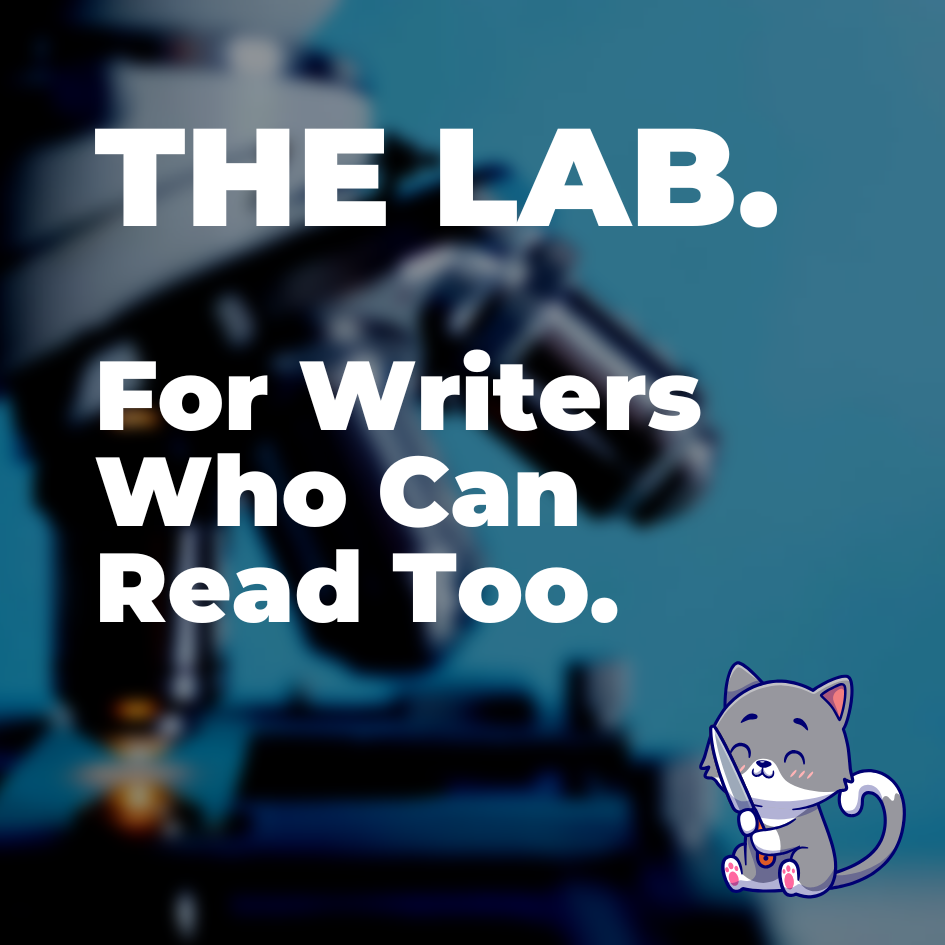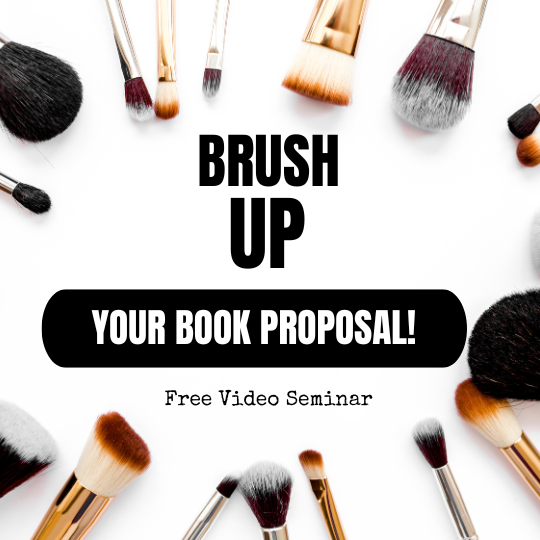It's a POV issue. By opening too many sentences/paragraphs/scenes with the name/pronoun, it's an overhead or external view of the character, not an internal view/perspective from within the POV character. The distance created blocks connection to the character. Show how the character does/says/thinks things, without the telling (name/pronoun) makes it more active and within POV. All tells create distance from the character; some are necessary, most are not.
The sentence structure does become repetitive, which also tires the mind. It becomes boring.
I'd recommend running sections through AutoCrit or similar to see what percentage of sentences open with name/pronoun, and show the author how high it is, and the effect, along with one or two options to retain POV and avoid too much tell from outside the character.
The tells, and what they mean:
If it's not happening in the moment, and it's not in character/POV, it's a tell. If you need a tell, what's the best tell to use -
Narrative Summary – summarise events that happen over a stretch of time (instead of moment by moment). Used to summarise actions, dialogue, feelings, thoughts and descriptions (it took two weeks to work out how to breach the walls).
Exposition – explanation of set of facts (shorter is better, a line or two sprinkled throughout an activity, perhaps).
Static Description – description of a scene, person or thing shown from outside any character’s head (most description is better done from the perspective of a POV character, but occasionally: a long, winding road wound up the mountain; a single streetlamp reflected on the wet tarmac).
Well, that's my opinion, and what I use to try to keep the reader connected to the characters within the story.




